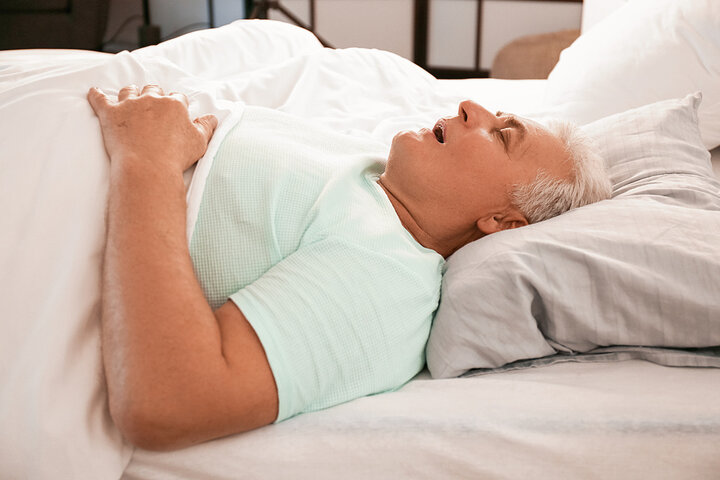Dental Sleep Medicine

What is Dental Sleep Medicine?
Dental Sleep Medicine is a branch of dentistry that focuses on the management of sleep-related breathing disorders, particularly obstructive sleep apnea (OSA). Dentists in this field work closely with sleep physicians to provide treatments that can help patients with sleep-disordered breathing.
Dental Sleep Medicine often involves the use of oral appliances, which are custom-made devices that help keep the airway open during sleep. These appliances are designed to reposition the jaw or tongue to prevent the collapse of the airway, which is a common cause of OSA.
Dentists in this field also play a role in screening for sleep-related breathing disorders, educating patients about the importance of sleep health, and collaborating with other healthcare professionals to provide comprehensive care for patients with sleep disorders.
Obstructive Sleep Apnea (OSA)
Obstructive sleep apnea (OSA) is a sleep disorder characterized by repeated episodes of upper airway blockage during sleep, leading to pauses in breathing and a decrease in oxygen levels. These pauses in breathing, called apneas, can occur multiple times per hour and may last for 10 seconds or longer.
The most common cause of OSA is the relaxation of the muscles in the back of the throat, which can lead to the collapse of the airway. This collapse restricts airflow, causing a drop in oxygen levels and triggering the brain to briefly awaken the person to resume breathing. These awakenings are often so brief that the person does not remember them, but they can disrupt the normal sleep cycle, leading to poor sleep quality.
Common symptoms of obstructive sleep apnea include loud snoring, daytime fatigue, morning headaches, irritability, and difficulty concentrating. If left untreated, OSA can increase the risk of serious health problems such as high blood pressure, heart disease, stroke, and diabetes.
Treatment for OSA often involves lifestyle changes, such as losing weight, quitting smoking, and avoiding alcohol and sedatives before bedtime. Continuous positive airway pressure (CPAP) therapy, which involves wearing a mask that delivers a continuous flow of air to keep the airway open during sleep, is the most common treatment for moderate to severe OSA. Oral appliances and surgery may also be options for some patients with OSA. It’s important to consult with a healthcare professional for a proper diagnosis and treatment plan if you suspect you have sleep apnea.
Oral Appliance Therapy (OAT)
Oral appliance therapy is a treatment for obstructive sleep apnea (OSA) and snoring. It involves wearing a custom-made oral appliance, similar to a mouthguard, during sleep. The appliance helps keep the airway open by gently moving the lower jaw forward or by holding the tongue in a different position.
The oral appliance is custom-fitted to your mouth to ensure comfort and effectiveness. It is typically made by a dentist with expertise in dental sleep medicine. The appliance is easy to wear and is often more comfortable than a CPAP machine, which is another treatment option for OSA.
Oral appliance therapy is often recommended for people with mild to moderate OSA who prefer it to CPAP therapy or who have difficulty tolerating CPAP. It may also be used in combination with CPAP therapy for more severe cases of OSA.
Our team is experienced in providing oral appliance therapy and will work closely with you to ensure the appliance fits properly and effectively treats your sleep apnea. If you or a loved one suffers from OSA or snoring, contact us to learn more about how oral appliance therapy can help improve your sleep and overall health.
